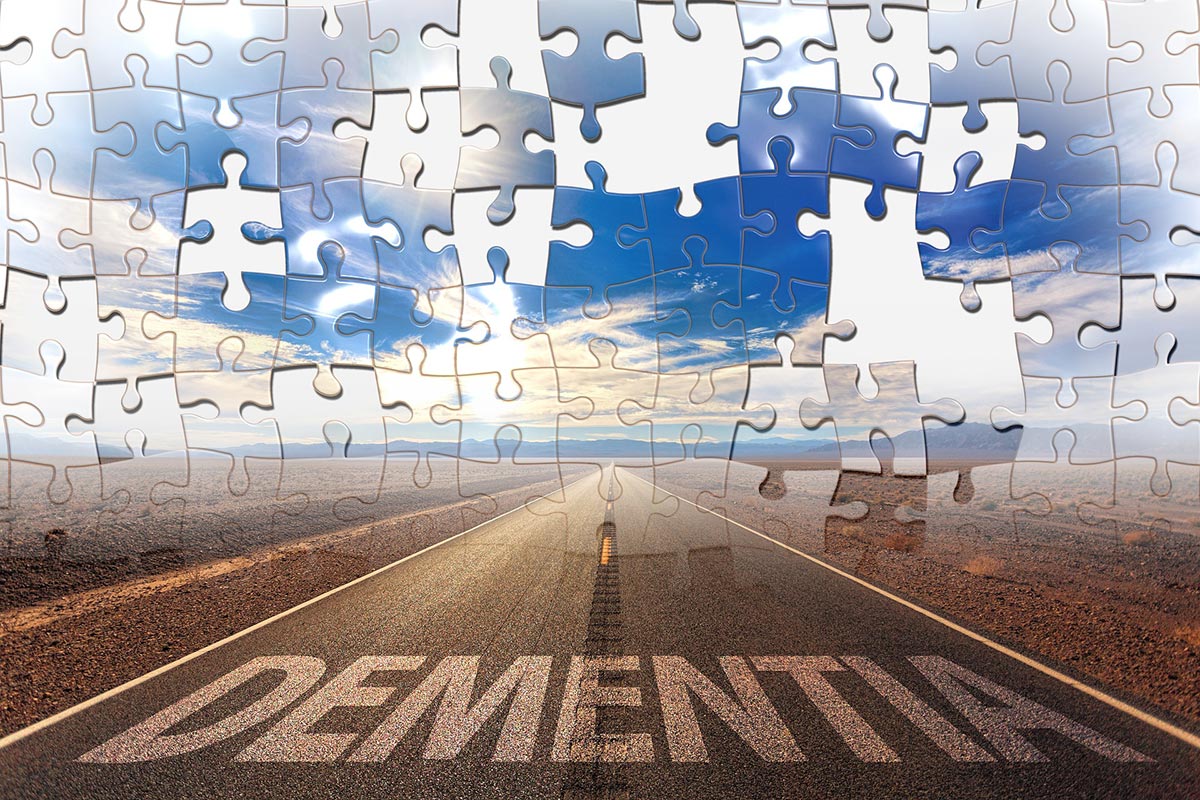When it comes to weight loss, the focus often falls on calorie counting and exercise. Yet, one vital but often overlooked factor plays a significant role in your overall health and weight management: colon health. A clean and healthy colon doesn't just support digestion—it can jumpstart your weight loss journey, boost your energy, and enhance your overall well-being.
The Connection Between Colon Cleansing and Weight Loss
Colon cleansing can provide an immediate feeling of lightness and rejuvenation. People often report losing inches off their waistline after a thorough cleanse, mainly because it eliminates accumulated waste and reduces bloating. Beyond these immediate benefits, maintaining a healthy colon fosters better digestion, improved nutrient absorption, and more efficient metabolism—all of which are essential for sustainable weight loss.
A healthy colon also supports immune function by fostering the growth of beneficial gut bacteria. These microflora are critical for breaking down food, synthesizing vitamins, and maintaining a balanced immune response. By improving gut health, colon cleansing can increase your energy levels, reduce gas and bloating, and help you stay focused and disciplined in your weight loss efforts.
Effective Nutrition Starts with the Colon
Poor dietary habits can disrupt the balance of your digestive system, signaling your body to store fat as a survival mechanism. Over time, this can lead to weight gain and other health issues. Incorporating nutrient-rich foods into your diet is key to reversing this process.
Raw vegetables, for instance, are rich in enzymes like lipase, which break down fats and provide energy. Green, leafy vegetables are particularly effective at naturally cleansing the system and providing essential nutrients. A diet high in fiber and low in processed foods promotes satiety, regulates appetite, and ensures smoother digestion, all of which are crucial for effective weight loss.
Incorporating more frequent, smaller meals into your routine can also help. Eating every few hours prevents the hunger pangs associated with prolonged fasting, keeps your metabolism active, and promotes steady energy levels throughout the day.
The Role of Fiber in Weight Management
Dietary fiber is a game-changer for anyone seeking to lose weight. Not only does fiber promote a feeling of fullness, but it also aids in maintaining optimal lipid levels and regulating blood sugar Levels. Fiber-rich foods like whole grains, fruits, and vegetables help soften stools and encourage regular bowel movements, reducing bloating and promoting better gut health.
Research has consistently shown that diets rich in fiber are linked to lower caloric intake and healthier eating patterns. By incorporating high-fiber foods into your meals, you can reduce hunger and improve your body’s ability to process and eliminate waste efficiently.
Exercise and Colon Health
Exercise is not just about burning calories—it’s a critical component of maintaining colon health. Physical activity helps stimulate the digestive system, oxygenates the blood, and improves the overall function of your internal organs. Regular exercise strengthens the heart, boosts metabolism, and promotes the efficient breakdown and absorption of nutrients.
A daily exercise routine of 30 minutes can significantly enhance your digestive health. Activities like walking, cycling, and swimming are particularly effective for stimulating the muscles of the gastrointestinal tract, reducing the risk of constipation, and ensuring that your colon functions at its best.
Avoid These Common Pitfalls
Weight loss efforts can be sabotaged by certain dietary habits and additives. Avoid foods containing monosodium glutamate (MSG), as it has been linked to hypothalamic damage and leptin resistance, which disrupt the body's ability to regulate appetite and metabolism. Similarly, artificial sweeteners like saccharin and aspartame have been associated with weight gain and disruptions in gut health.
Refined carbohydrates, hydrogenated fats, fried or processed foods, and sugary snacks should also be minimized. These foods not only contribute to weight gain but can also lead to constipation and poor digestive health. Instead, opt for whole, unprocessed foods that nourish your body and support optimal colon function.
The Holistic Approach to Weight Loss
Achieving sustainable weight loss requires a multi-faceted approach that includes proper nutrition, regular exercise, and effective colon health maintenance. By integrating these elements into your lifestyle, you can improve digestion, enhance nutrient absorption, and support your body’s natural detoxification processes.
Colon cleansing can serve as a powerful starting point for this journey, providing immediate benefits like reduced bloating and increased energy. However, the long-term success of any weight loss program depends on consistent effort and healthy habits. With the right balance of diet, exercise, and self-care, you can achieve your weight loss goals while boosting your overall health and vitality.
Before starting any colon cleansing regimen or weight loss program, consult with a healthcare professional to ensure it aligns with your individual health needs. A personalized approach will maximize your results and set you on the path to long-term success.
This article is editorial in nature and does not constitute medical advice. Always consult a physician for any health-related concerns, whether psychological or physical.













